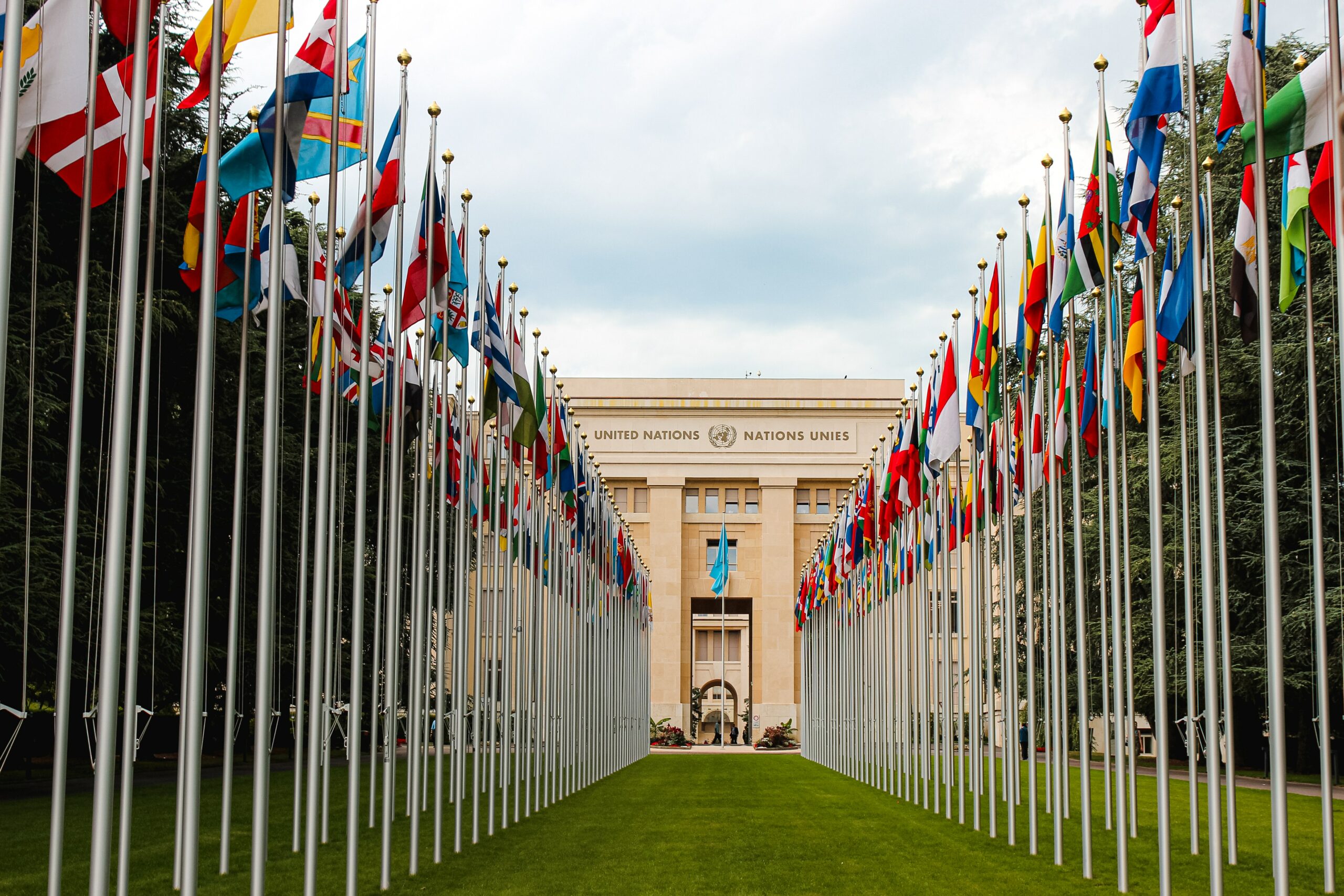The devastating real-life effects of Internet shutdowns on the lives and rights of millions of people are vastly under-appreciated and deserve much greater attention, says a new report on Internet shutdowns, published by The Office of the United Nations High Commissioner for Human Rights (UN-OHCHR). Internet shutdowns create significant obstacles that damage economies, democratic processes, and the flow of information, which may erode trust in electoral processes and increase the likelihood of hostilities and violence.
The report calls on member states to refrain from all methods of disrupting Internet access, including throttling or limiting bandwidth and provides an overview of current trends and analysis of the causes, legal implications, and the impact of Internet shutdowns. It concluded that the practice, given its indiscriminate reach and broad impact, is very rarely a necessary and proportionate measure. This view is in line with the Internet Society’s position on Internet shutdowns and indicates a move by the U.N. towards viewing Internet shutdowns as a practice which should not be tolerated, as we have seen in other statements, including the U.S.-EU Joint Statement of the Trade and Technology Council.
Shutdowns Lead to Economic Uncertainty
The economic impact of Internet shutdowns is highlighted in the report, noting that the increasing reliance of businesses and trade on digital technologies means that any disruption to Internet access can have disastrous consequences for all economic sectors as well as end-users. Not only do Internet shutdowns disrupt the availability of service platforms and payment systems, they also create uncertainty for investment, which harms businesses in every sector. The report also calls on Internet service providers (ISPs) to help prevent Internet shutdowns, within the confines of the law, by sharing information on requests they receive from governments to remove access from citizens with the community in a timely manner. Service providers should also take the risks and frequency of state-ordered Internet shutdowns into consideration when entering and leaving markets and expanding their services.
Everyone Has a Part to Play
The recommendations of the report also extended to development agencies and regional and international organizations, as well as civil society organizations. These entities were asked to consider the impact and effect of Internet shutdowns when designing and implementing cooperation programmes and commit towards helping to limit interference with digital communications. Civil society organziations were further encouraged to reinforce collaborative efforts to prevent, study, and respond to Internet shutdowns, develop preventative strategies, support increased digital literacy, and promote access to circumvention tools.
The report not only provided decision-makers with guidelines and requirements to adhere to when making decisions that limit, disrupt or remove Internet access from citizens, but also requested private and non-governmental players to take proactive measures that may affect these decisions. This is reiterated in the request that service providers assess the impact of Internet shutdowns as part of their expansion decisions, and for organizations that provide funding to improve access and infrastructure to consider Internet shutdowns when defining cooperation and funding programmes.
What We’re Doing
The report notes that research on the prevalence and impact of shutdowns has greatly evolved in recent years through multiple collaborative efforts but that these efforts must continue and expand. At the Internet society we have been tracking and documenting Internet shutdowns on our dedicated Internet measurement platform, Internet Society Pulse, since 2019 and we continue to call for government accountability and more transparency around the impact and consequences of Internet shutdowns. We have also supported research on the impacts of Internet shutdowns for several years, together with the wider Internet measurements community and our data parters. We are currently working towards launching some of the tools we are developing, including a tool to estimate the economic impact of Internet shutdowns and tools that will help the Pulse team integrate multiple data sources into the Internet Society Pulse platform to detect and measure shutdowns more efficiently. We are also developing programs to support research in areas that include Internet shutdowns and Internet resilience and will be launching the Pulse Fellowship program to support this work in 2023.
Internet users should be equipped with tools and strategies that are easily available, affordable and safe to help them circumvent state-mandated Internet shutdowns and stay online, the report notes. It also calls for citizens to be taught basic digital security skills. It goes on to state that decentralized models of online communications, such as community networks, may contribute to minimizing vulnerability to Internet shutdowns. The Internet Society runs comprehensive programs to help communities build and maintain their own community networks and helps to improve Internet resilience by supporting the development of Internet Exchange Points (IXPs) all over the world. We also track Internet resilience on Internet Society Pulse using the Internet Society Internet Resilience Index (IRI), which helps to support the development of policies and infrastructure that can improve Internet resilience at the local, regional and global level. And, our work on promoting and extending encryption contributes to safeguarding the personal security of billions of people, helping people everywhere access the tools they need to communicate securely online.
Keeping the Internet On and Strong
Internet shutdowns harm societies, economies, and the global Internet infrastructure. This timely report corroborates our stance that Internet shutdowns are never a proportionate measure, whether they are used to quell civil unrest, prevent cheating during national school exams or for any other reason. We urge governments, decision-makers and civil society organizations everywhere to support policies that keep the Internet on and strong to help build strong economies and give people an opportunity for a prosperous future.


